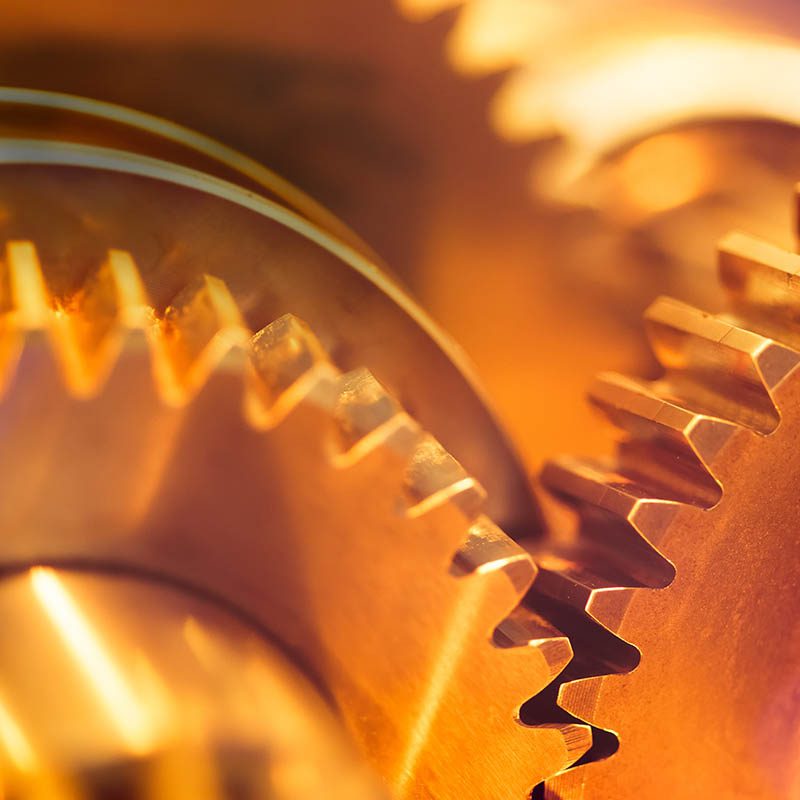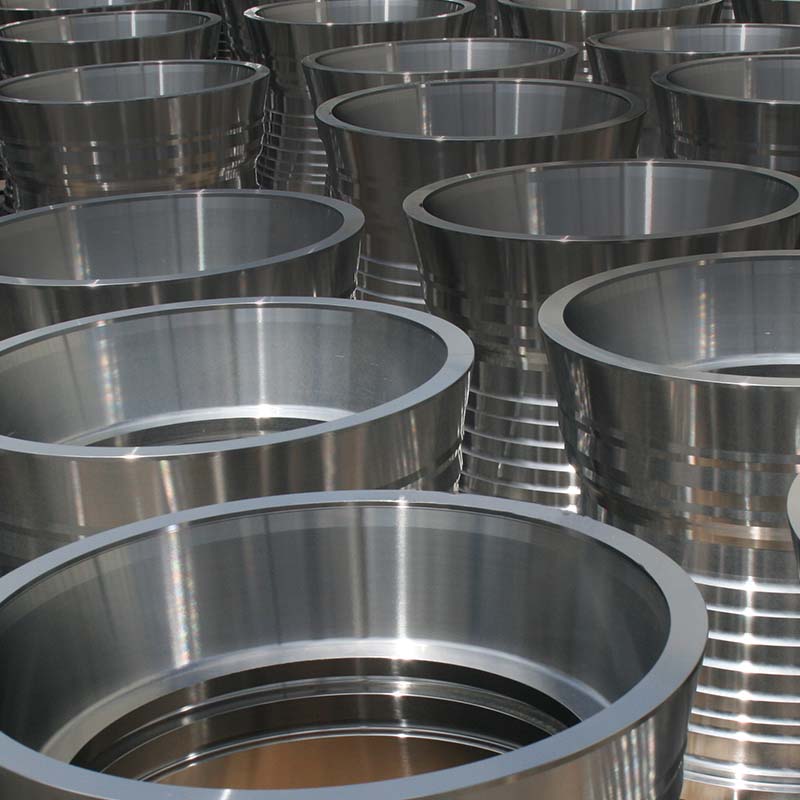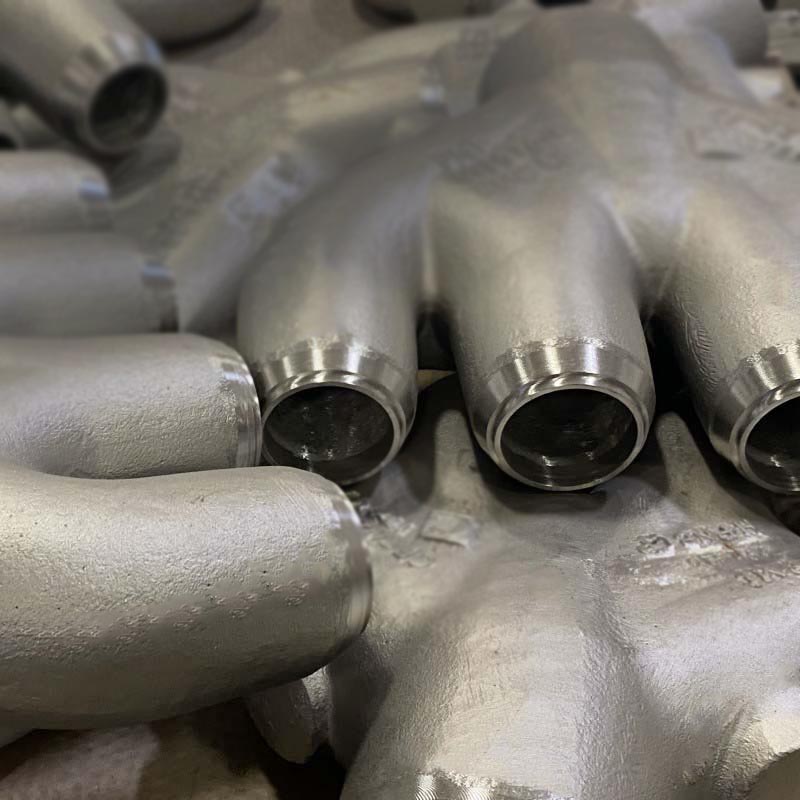Overview
CB7Cu-1, also known as MTEK 17-4 PH, is an exceptionally strong and tough precipitation hardening stainless steel alloy that boasts superior corrosion resistance compared to traditional hardenable straight chrome alloys. This alloy offers a wide range of attainable hardness and mechanical properties through various aging temperatures, allowing for customization to suit specific application needs. When fully hardened, CB7Cu-1 achieves a high strength-to-weight ratio, making it ideal for lightweight yet robust components. One of its notable advantages is its ability to be hardened at low temperatures, minimizing distortion and often allowing for finishing operations to be completed prior to hardening. Furthermore, CB7Cu-1 is readily machinable and weldable, providing flexibility in manufacturing processes.
Typical Uses
Aerospace, chemical and food processing equipment, cylinders, gears, hollow shafts, landing gears, marine gas turbine, nuclear flow control, pump and valve components, pressure vessels, shaft sleeves, turbine engine parts.
MetalTek Designation
17-4 PH®
Poured At:
Carondelet Division, Sandusky International Division, Wisconsin Centrifugal Division, Wisconsin Investcast Division
* Patented or restricted alloys are produced under licenses from their respective owner.
Similar Specifications
Cast UNS: J92180
Wrought UNS: S17400
Wrought Grade: 17-4 PH®
Cast Grade: CB7Cu-1
Cast ASTM: A747
Military/AMS: AMS 5398
* AMS specifying sand casting.
Typical Chemical Composition (% by wt.)
Aluminum: n/a
Carbon: 0.07
Chromium: 15.5-17.5
Manganese: 0.7
Iron: n/a
Copper: 2.5-3.2
Nickel: 3.6-4.6
Lead: n/a
Tin: n/a
Silicon: 1
Zinc: n/a
Other: Nb 0.15-0.35
Minimum Mechanical Properties
Heat Treatment: Solution Anneal And Age
NOTES: Properties vary with heat treatment.
Frequently Asked Questions
PH stands for ‘precipitation hardening’, a heat treatment process that increases strength by forming fine particles within the steel matrix.
Precipitation hardening stainless steel is a corrosion-resistant alloy strengthened by heat treatment that promotes the formation of fine precipitates. When fully hardened, PH steels can deliver high strength to weight ratios.
Precipitation hardening stainless steel is used in aerospace components, nuclear reactor parts, high-strength fasteners, and turbine blades due to their excellent strength and corrosion resistance.
Benefits include a combination of high strength, good corrosion resistance, and the ability to be hardened after fabrication.
It involves solution treatment, quenching, and aging to form fine precipitates that strengthen the alloy without compromising corrosion resistance.
Common PH grades include 14-4PH, 15-5PH, and 17-4PH, known for high strength and moderate corrosion resistance in aerospace and nuclear applications.
PH stainless steel offers better corrosion resistance and toughness than martensitic steel and achieves higher strength through aging rather than quenching.



